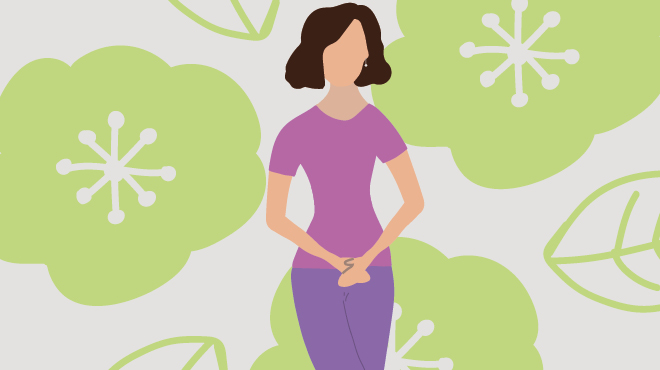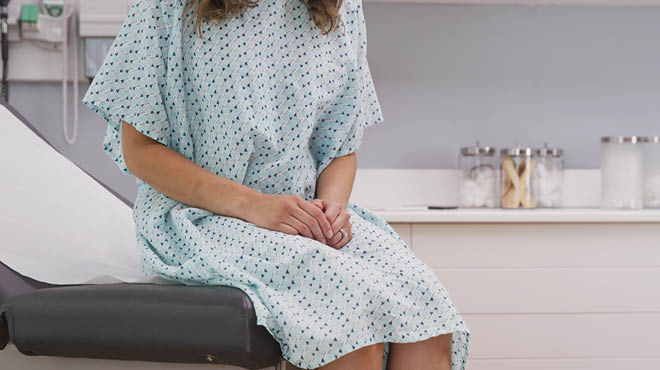Recent Posts
6 helpful tips for managing urinary incontinence

Urinary incontinence is a common, often embarrassing, condition. Although not life-threatening, it can significantly affect every aspect of a person's life — from social and family relationships, work, finances, psychological health and sexual health.
Urinary incontinence is the loss of bladder control. This condition can affect both men and women and can occur at all ages, although the risk does increase with age. About 25% to 45% of adults experience incontinence at some point in their lives.
Managing involuntary leakage of urine can be frustrating and time-consuming.
These tips can reduce the burden of symptoms and help your bladder train for better behavior moving forward:
1. Follow a fluid schedule.
Try to keep your fluid intake on a schedule to help retrain your bladder when to fill and when to empty. Also, limit fluid intake after 6 p.m. to reduce night-time voiding and incontinence. Target total fluid intake to 40–60 ounces per day. Consuming too little fluid during the day can concentrate the urine and irritate the lining of the bladder, whereas too much fluid can increase frequency, leakage and night-time trips.
2. Limit common bladder irritants.
Some fluids are more difficult for your bladder to process than others. We call these bladder irritants. Caffeine, alcohol and high-citrus content can make symptoms worse. Many people can reduce or even eliminate symptoms by avoiding common irritants most days. Tobacco is also very irritating to the bladder lining, in addition to increasing bladder cancer risk.
3. Plan a toileting schedule.
Plan toileting attempts at least every two to three hours during the day. Normal bladder behavior is to urinate six to eight times per day, along with emptying your bladder before changing activities, leaving home or going to bed. A schedule helps prevent your bladder from becoming too full, resulting in a rush to find a restroom.
4. Do pelvic floor exercises.
Strengthening the muscles of the pelvic floor can reduce urinary incontinence by as much as 90%. Kegel exercises can help.
5. Manage constipation.
Infrequent or difficult-to-pass stools will increase pressure in the pelvis and the bladder. Eat a diet rich in fiber, drink adequate amounts of water and maintain a healthy elimination pattern to help the bladder fill and empty more effectively.
6. Keep a bladder diary.
Record your fluid intake and toileting pattern over the course of three to seven days in a bladder diary. Important components to the diary include the time of day, amount of fluid intake, how many times you went to the bathroom, how many times you leaked urine throughout the day, if you felt an urge to urinate before leaking and what type of activity you were engaged in at the time. Bring the diary with you to appointments with your health care provider.
Some people may have urinary retention, which is the inability to fully empty the bladder with each trip to the restroom. This can cause overflow incontinence episodes. Urinary retention is a less common cause of leakage, but it can be a sign of a neurological problem and, in sudden or severe cases, cause bladder injury.
It's important to have a conversation with your health care professional about new or persistent urinary changes you are noticing Incontinence treatments are available and can be explored by your health care team.
Watch this video to learn more about urinary incontinence treatments including sacral neuromodulation therapy:
Becky DeLuca is an OB-GYN nurse practitioner in New Prague, Minnesota.





